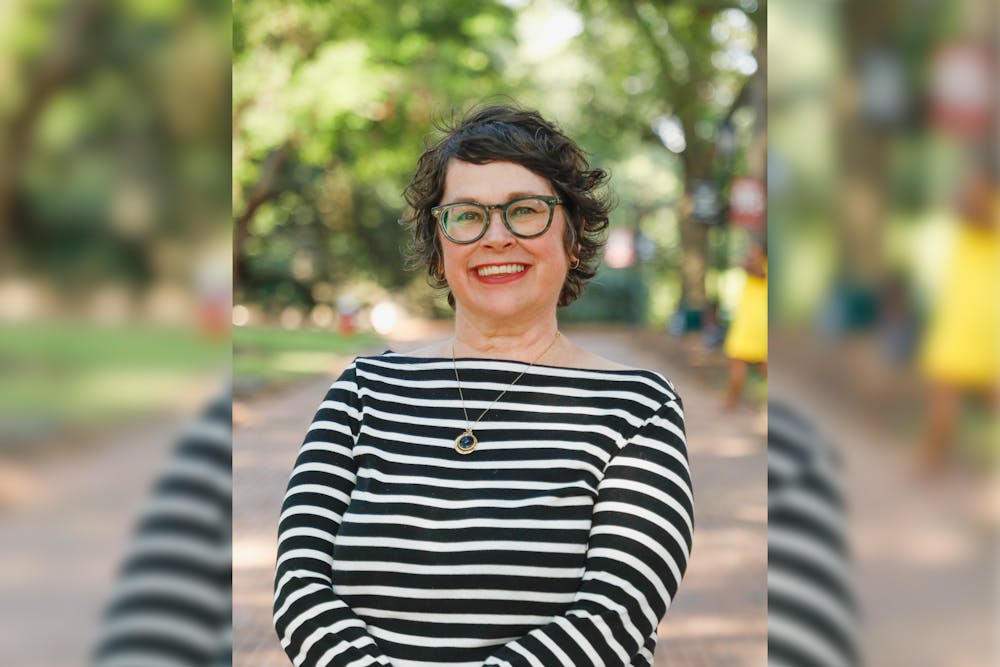As the landscape of higher education continues to evolve, the stereotypical image of a college student no longer holds true for the majority.
The changing landscape of the economy combined with the soaring costs of education, has contributed to an increase in the share of college students with low household incomes, according to Feeding America. As a result, a growing number of students are grappling with the challenge of making ends meet while striving to secure their futures with an education.
College students at the University of South Carolina, in particular, are affected by food insecurity, according to Rachel Brasell, USC's new basic needs coordinator.
Brasell said her role as the university's first basic needs coordinator will focus on addressing housing, food and financial insecurity. She comes into the role after receiving her master's degree in social work at USC and working as a quality specialist at a child advocacy center in New Mexico.
“I think everybody, because of inflation and the rising cost of college and all of those things, are sort of struggling with the ability to pay to live. So that's what we're here for,” Brasell said. “If they're sleeping in the library or even couch surfing, I think a lot of students think that couch surfing (means they) have a place to stay. But that's still housing insecurity, because you're not sure how long that's going to last or where you're going to go next."
Brasell's position addresses insecurity at a time when meeting these needs economically is more challenging, she said. Part of her work will include overseeing the Gamecock CommUnity Shop, a consolidation of several student help resources.
The Gamecock CommUnity Shop is located in Suite 4000 of the Carolina Coliseum, where students, faculty and staff can receive food, clothing, toiletries and other resources at no cost with a valid CarolinaCard.
Although the Gamecock CommUnity Shop was developed earlier this year, the individual initiatives that preceded it have an established place on USC's campus. These programs, such as Gamecock Pantry and Carolina Closet, have already been serving the university community with accessible food and clothing.
Brasell said she sees a crucial link between security of resources and overall mental health.
That strain on mental well-being only gets worse for college students as they move off campus, third-year political science student Lola Hansen said.
"Most schools don't recognize that. They're like, 'You're out of the dorms. Congratulations, you're in an apartment.' But you're like, 'I'm struggling to live. But I don't know how I'm going to feed myself or make rent.' And it does affect people," Hansen said. "As a student, you are supposed to struggle to some degree, school and money-wise, but I feel like the school should be able to recognize those difficulties and be able to push that support even more.”
Chanté Williams, a third-year public health student and the Gamecock CommUnity Shop's wellness and nutrition coordinator, said the Gamecock CommUnity Shop isn't necessarily the complete answer to these concerns, but it is resource to mitigate a growing problem, .
"People look at it like this is the solution. But really, it's just a band-aid for a bigger problem that we all need to be aware of,” said Williams.
Brasell said the newness and evolving nature of her position bring both excitement and apprehension but she's eager to bring positive changes to basic needs at USC while eyeing the challenges ahead.
She said while resources like the food pantry are valuable, their existence serves as a strong indicator of a broader societal problem.
“I feel like the pantry is a really wonderful resource. And I feel like it is a symptom of a larger problem, not the solution to the problem. And so what I would like to see is the pantry not exist anymore someday. I know that that is a long time in the future, but the fact that it has to exist indicates a bigger issue.” Brasell said.

